Meet Taiwan’s first homegrown electric pickup truck comes from a familiar source: Foxconn, otherwise known as Hon Hai Technology Group.
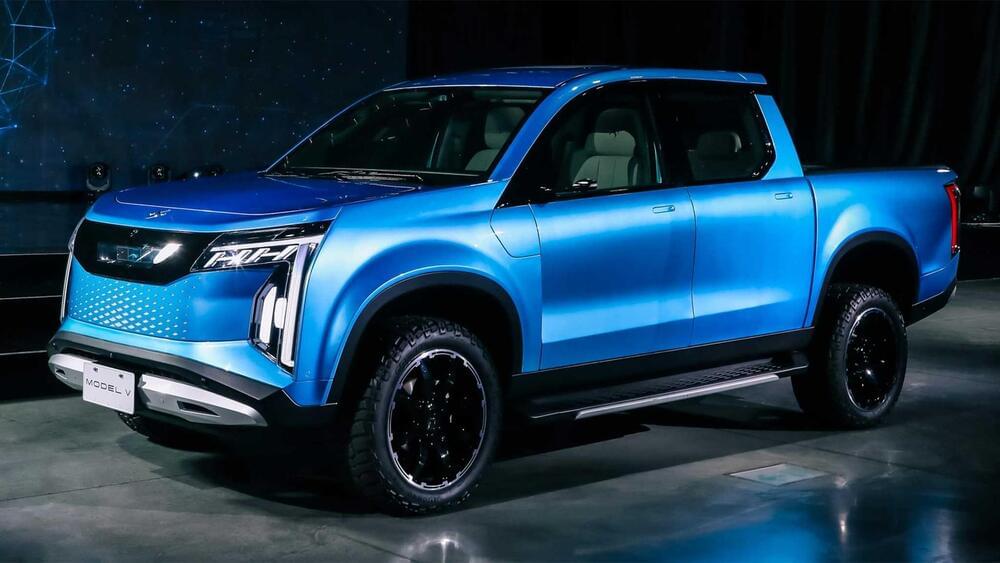

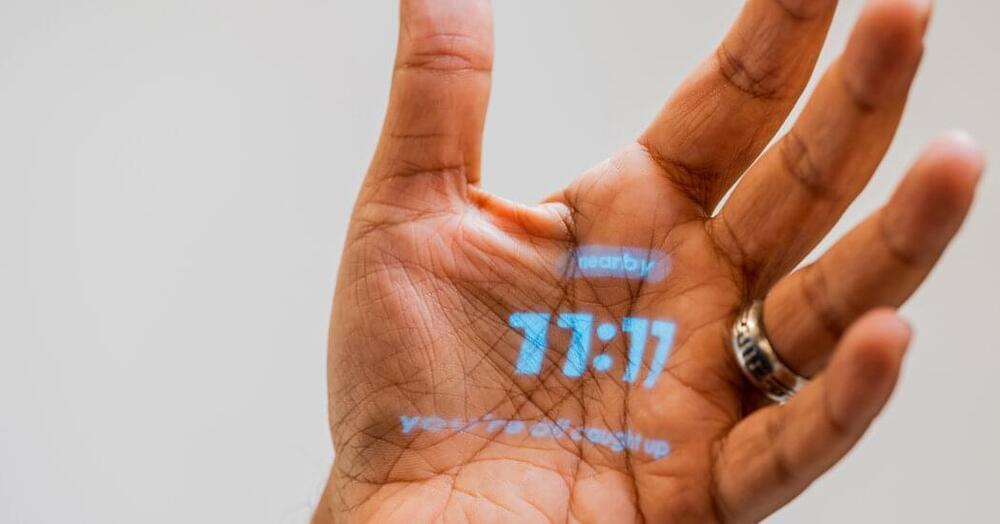

DBS delivers electric currents to an electrode implanted in the brain.
Neurotechnology – or – while still an emerging industry, has attracted both major capital investments, and extensive media coverage in recent years. As tech relentlessly searches for the next “big tech platform” in the aftermath of the smartphone era [1], we propose that the answer may lie within our own minds. At NTX Services, we definenology as any technological intervention that interacts with the brain or central nervous system either directly or indirectly, and as attempts to integrate human and machine to enhance both, applications of the technology are broad ranging.
Often described as a new field, is actually based on decades of academic research, previously held back from commercialization at scale due to technological limitations, and slow changes in government policies and regulations. Although humans have been researching the brain and its bioelectrical signals since the 1600s [2], the first major breakthrough in was the invention of the electroencephalogram (EEG) by Hans Berger in 1929 [3]. Since this initial invention, several key developments have influenced the evolution of the industry until 2016, when Neuralink was founded [4].
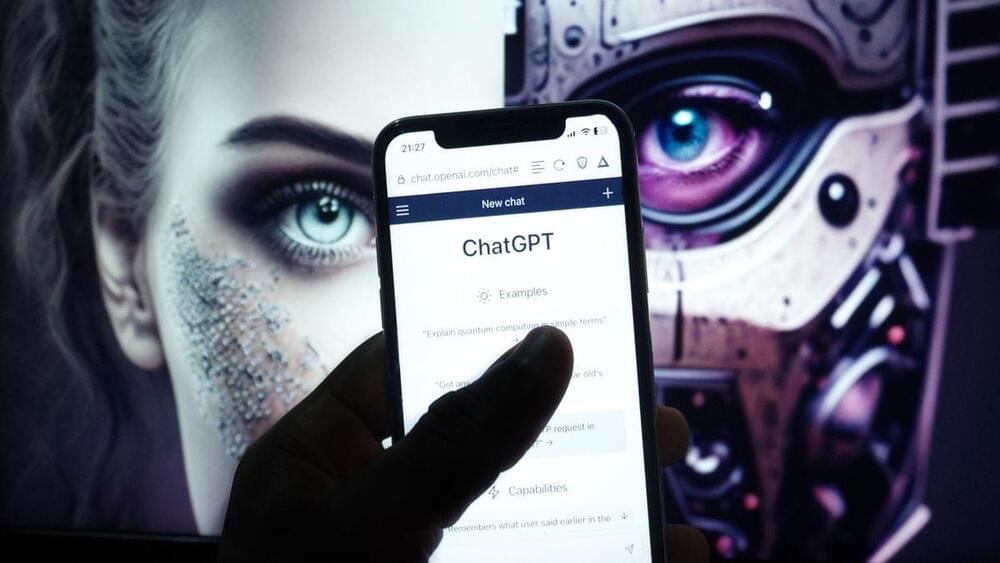
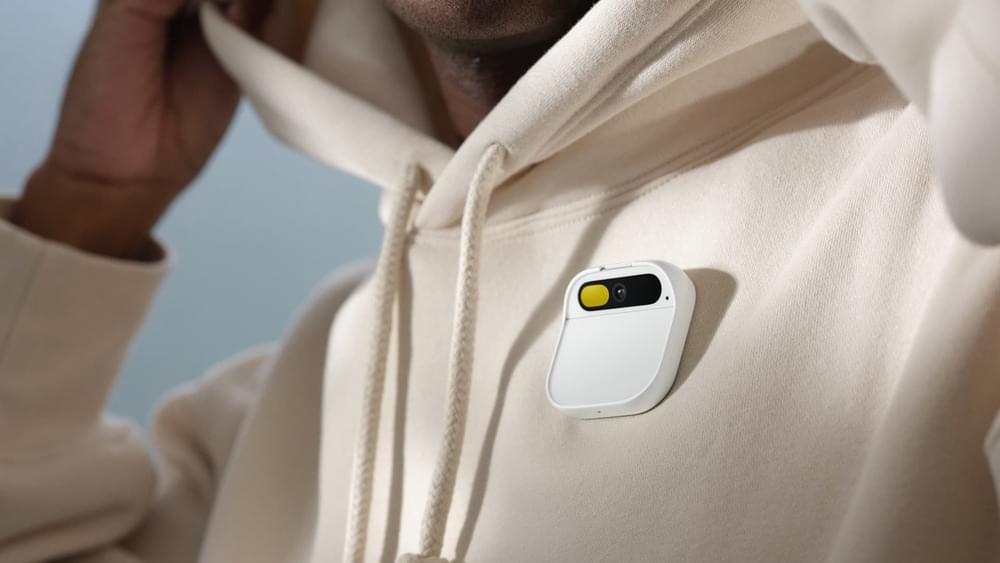
The Humane AI Pin is designed to replace your smartphone, allowing the user to make calls, send texts and look up information through voice controls. It also has a laser display, turning your palm into a mini screen that can show the time, date or what’s nearby.
“There are no wake words so it’s not always listening or always recording,” Chaudhri said at the beginning of a 10-minute launch video on the company’s website. “In fact, it doesn’t do anything until you engage with it, and your engagement comes through your voice, touch, gesture or the laser ink display.”
In addition to the upfront cost of the device, customers will have to pay a $24 monthly data subscription to T-Mobile, the company said. Having a separate phone number means that, unlike smart watches, the pin isn’t tethered to a smartphone.
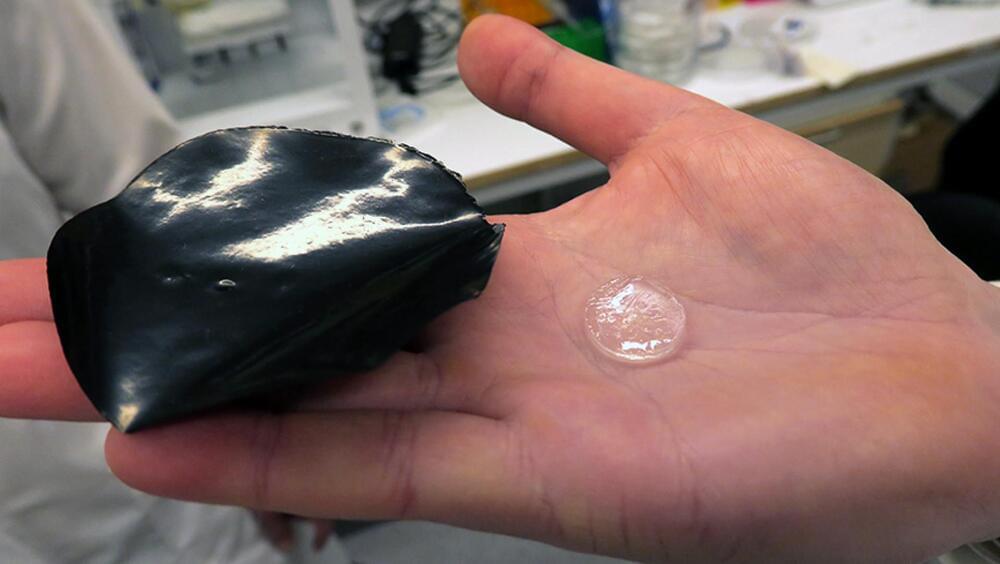

Chptr, an app for sharing and holding onto memories of lost loved ones, has raised $1.5 million in seed funding. The app is designed to give people a way to encapsulate the life of their loved ones by inviting others to share and store stories, images, audio messages, videos and more all in one place.
The startup was founded in 2020 by Rehan Choudhry, who came up with the idea for the app when he was helping his wife, a news anchor at CBS New York, put together video tributes for the first victims of COVID-19 in New York City. Choudhry told TechCrunch in an interview that the pair was reaching out to the families, friends, neighbors and colleagues of the victims to paint a picture of what their life was like.
“The thing I realized after talking to a lot of families was that these videos served as almost a reunion point for people that they will continue to grieve around,” Choudhry said. “We noticed that the grieving process that would normally take 90 days was extended to months because they had something to rally around. So then the question for me was why doesn’t everyone on the planet have access to this because we all have smartphones and social media. So I went down the rabbit hole of discovery and it brought me to Chptr.”

The technology that makes it possible, called semantic hearing, could pave the way for smarter hearing aids and earphones, allowing the wearer to filter out some sounds while boosting others.
The system, which is still in prototype, works by connecting off-the-shelf noise-canceling headphones to a smartphone app. The microphones embedded in these headphones, which are used to cancel out noise, are repurposed to also detect the sounds in the world around the wearer. These sounds are then played back to a neural network, which is running on the smartphone; then certain sounds are boosted or suppressed in real time, depending on the user’s preferences. It was developed by researchers from the University of Washington, who presented the research at the ACM Symposium on User Interface Software and Technology (UIST) last week.
The team trained the network on thousands of audio samples from online data sets and sounds collected from various noisy environments. Then they taught it to recognize 20 everyday sounds, such as a thunderstorm, a toilet flushing, or glass breaking.

Android Studio, like so much of Google’s product portfolio, is getting its infusion of AI today at the company’s annual I/O developer conference. Android Studio Hedgehog, the upcoming version of Android Studio currently in the canary release channel, will be the first to add support for the new conversational experience in Android Studio meant to help developers write code and fix bugs and answer more general coding questions.
Built on top of Codey, Google’s new PaLM 2-based foundation model specifically trained for coding, the Studio Bot will roll out to developers in the U.S. first, with a wider rollout expected over time.
